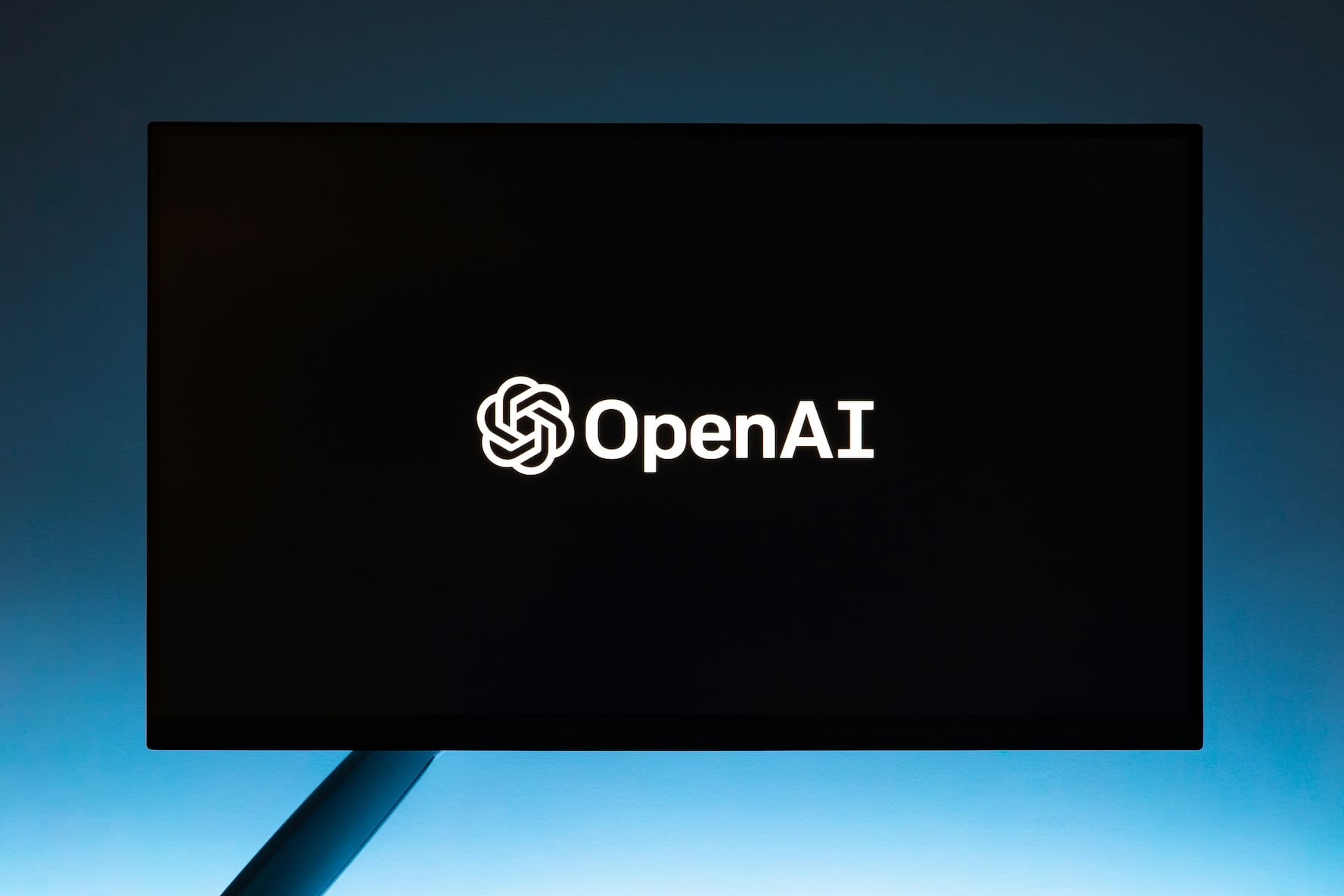Sure! Here’s the translation in American English:
The two companies are reconfiguring the terms of their strategic collaboration as competition grows and pressure mounts to define access to the next generation of artificial intelligence models.
OpenAI and Microsoft are at a critical juncture in their relationship. According to the Financial Times, both companies are engaged in a “complex negotiation” that could redefine not only the distribution of shares in OpenAI’s new structure but also Microsoft’s access to future technological developments from the company led by Sam Altman.
Context is key: Microsoft has invested over $13 billion in OpenAI since 2019, and its Azure infrastructure has been the primary driver for distributing its language models. However, OpenAI’s recent announcement that it will becoming a for-profit public benefit corporation, while maintaining control through its nonprofit board, has strained the relationship.
What’s at Stake?
According to sources from the FT, the central point of negotiation is how much equity Microsoft will receive in the new for-profit entity. The scope of the conversation, however, is broader. Microsoft is considering giving up a portion of its equity if it guarantees preferential access to OpenAI developments beyond 2030, when their current framework agreement expires.
This long-term access is not a minor detail. The evolution of GPT models, agent capabilities, and OpenAI’s Stargate infrastructure project are considered strategic for the future of business applications in AI, and Microsoft wants to ensure it remains in the influence circle.
From Collaboration to Quiet Competition
The negotiation is occurring in an environment of increasing competitive tension. OpenAI has strengthened its direct business with enterprises by offering its API and advanced tools like ChatGPT Enterprise, while Microsoft is pushing its own Copilot products based on that technology. Although they technically remain strategic partners, the overlap between their offerings is becoming more evident.
Adding to this is the development of Stargate, an ambitious data center for training large-scale AI models that, according to some sources, could operate with increasing autonomy from Azure’s infrastructure. This has led Microsoft to reevaluate the terms of its technological dependence.
A New Relationship Model for Corporate AI?
The Microsoft-OpenAI case exemplifies the challenges of balancing investment, control, and independence in the emerging generative AI sector. As models evolve and entry barriers rise, having early — and legally guaranteed — access to the most advanced systems will be a key competitive advantage.
For now, there is no official confirmation of the details, but the renegotiation will set an important precedent: big tech companies are redrawing the boundaries of collaboration in an environment where the value of models lies not only in their performance but in who can use them, how, and when.
Source: Techcrunch
Let me know if you need anything else!

